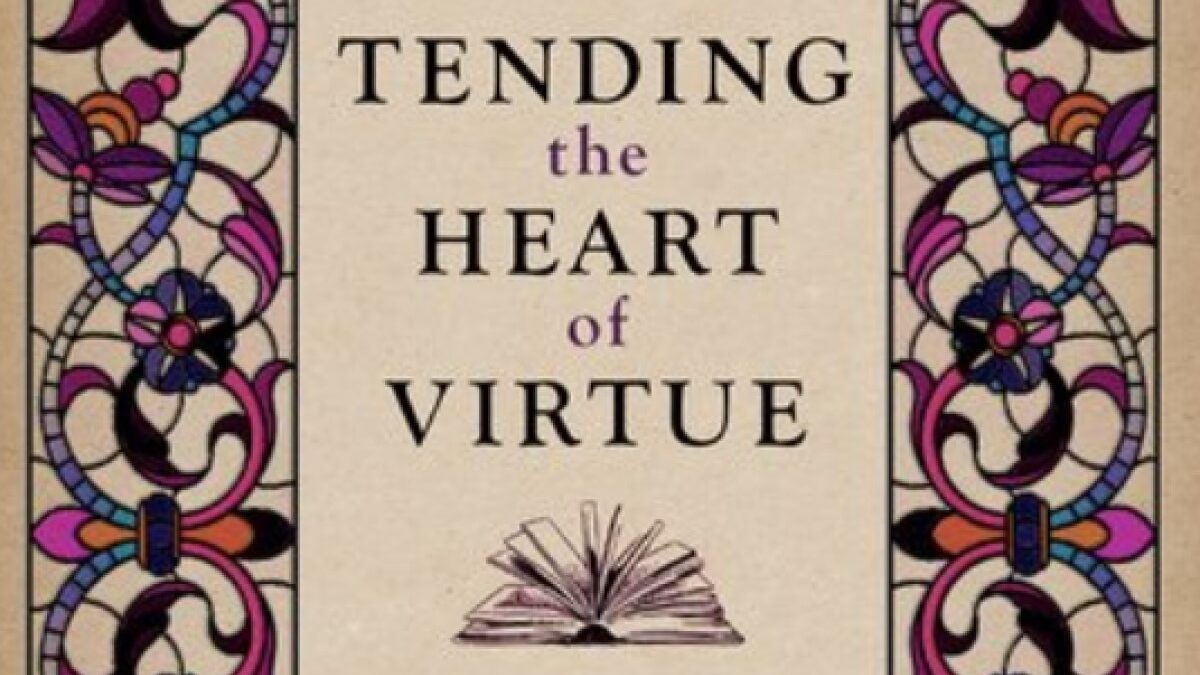Richard Adams, the author of “Watership Down” and multiple other books for children and adults, has passed away at the age of 96. In a year that has marked the deaths of David Bowie, George Michael, Carrie Fisher, and numerous other beloved public figures, this death may go relatively unnoticed. To his readers, however, the loss of Adams is a call to mourn and to reflect on a novel that has deeply touched many of us.
Like many children’s books, “Watership Down” is about talking animals, in this case rabbits. Unlike most talking animals in children’s literature, however, these rabbits are distinctly nonhuman. They live in warrens; they can’t count past the number four; and they spend their lives in constant fear of “The Thousand,” their collective term for everything that kills rabbits.
Adams constructs a rich culture for the rabbits, complete with a language (mostly based around eating and defecation) and their own mythology. The rabbits worship Frith, the sun god, and look to a mythical rabbit hero, El-Ahrairah, for help and sympathy in the unforgiving natural world. When one of them has a clairvoyant vision of destruction, a group of unusually daring and intelligent rabbits leave their warren and set out to start a new life together.
It’s a strange premise, one that may cause many to reject the book—indeed, publishers rejected it 14 times—but “Watership Down’s” true beauty lies not in its premise, but in how it is told. Rather than being simply an anthropomorphic exercise, “Watership Down” is a fantasy quest like any other: There is a hero, a Holy Grail, and a seemingly infinite number of challenges standing in the way. There is good and evil, there are monsters, and there is sacrifice. Also, as in any good quest, the hero changes by the end.
In journeying to Watership Down, the rabbits move beyond their limited, fearful existence and start a new life of peace, hope, and freedom. It is these universal themes that make “Watership Down” such an effective and timeless read, both for children and for adults.
With Darkness, Richard Adams Illustrated Light
Although it is similar in theme to other children’s classics, “Watership Down” differs from other children’s books in that it deals with distinctly dark subjects. Adams himself once said, “Maybe I made it too dark.” The rabbits battle viciously for dominance and live in constant fear of death. One character suffers from vivid hallucinations, and another has a violent near-death experience. There is an undercurrent of helplessness and desperation that only subsides toward the end.
Despite the dark themes and violence, I would not hesitate to give this book to children, if they are mature enough and at the required reading level. I read it in junior high, and it made a deep impression that stays with me to this day.
Far from being just an entertaining pastime, reading shapes children’s understanding of the world, of good and evil, life, and relationships, as well as expanding their capacity for empathy. Because of this, it is important for children to read books about serious subjects. If you’re looking for a book to influence your child as well as entertain her, look no further than “Watership Down.”
When I heard Adams had died, I cried. Call me sentimental, but I felt as if a piece of my childhood had been lost. Then I remembered that although the author is gone, his work is not. His story lives on in the hearts of his readers, and will continue to touch new readers as long as it is read.
If you haven’t read “Watership Down” and it sounds interesting to you, consider a trip to the bookstore. Take this one off the shelf, and immerse yourself in the odd yet profound story of an intrepid band of rabbits that has left its mark on readers around the world.









